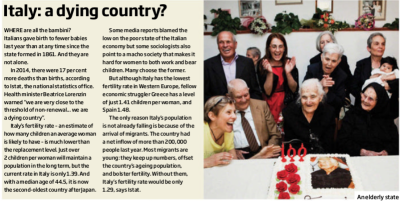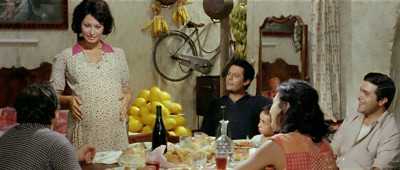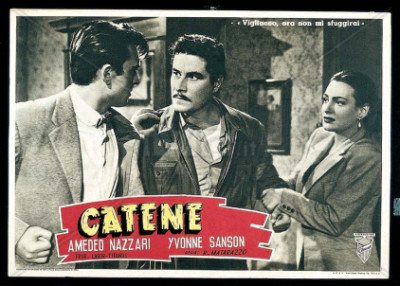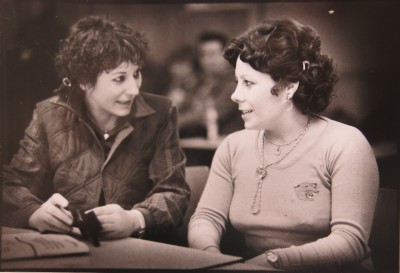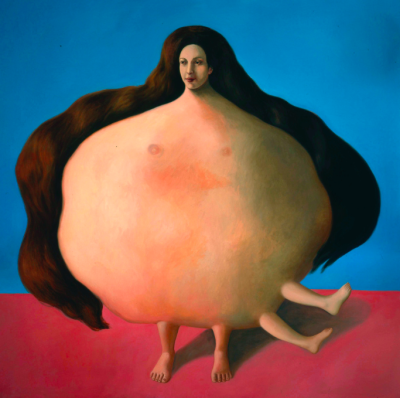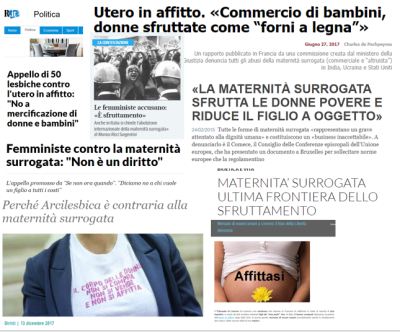Gender/sexuality/Italy 5 (2018) – Table of Contents
Table of Contents – Gender/sexuality/Italy, 5 (2018)
Nicoletta Marini-Maio, Journal Editor
Giovanna Faleschini Lerner and Nicoletta Marini-Maio, Themed Section Editors
Paola Bonifazio, Invited Perspectives Editor
Ellen Nerenberg, Open Contributions and Continuing Discussions Editor
Erica Moretti and Colleen Ryan, Book Reviews Editors
Laura Di Bianco, Film Reviews Editor
Erica Moretti and Victor Xavier Zarour Zarzar, Managing Editors
Sole Anatrone, Amanda Bush, Brian DeGrazia, Lisa Dolasinski, Alyssa Falcone,


